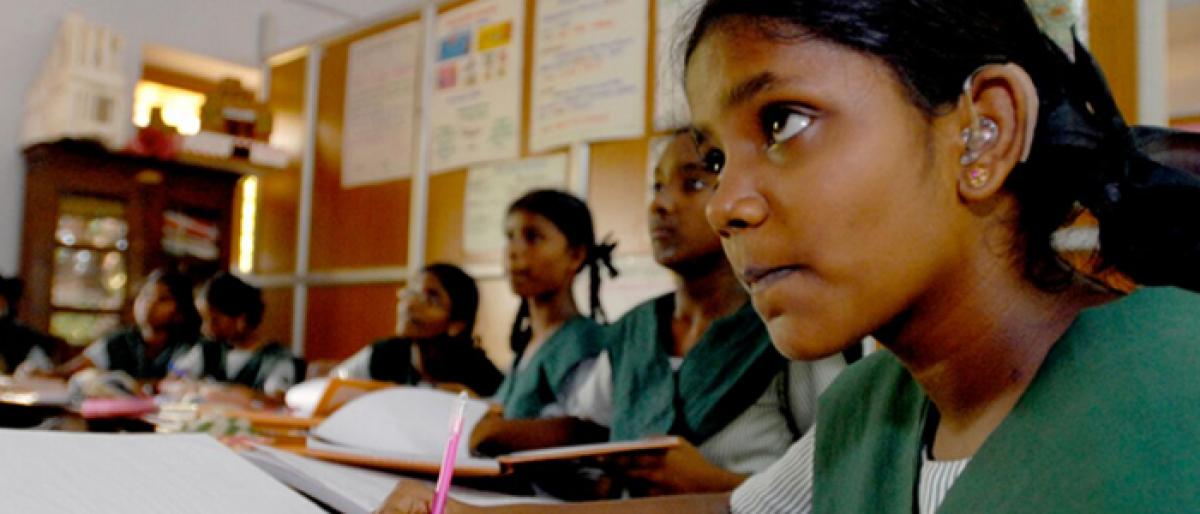Live
- Safe Stay Audit programme for IT and ITES sector launched
- AP CM Chandrababu meets union ministers in Delhi, to visit Mumbai today
- Ponnam warns against negative propaganda of ongoing survey
- Hyderabad: Enumerators jotting down details with pencil nettles families in city
- First Lokmanthan event in South India to be held in city: Kishan
- Allegro R & D centre in city will generate 500 jobs: Min Sridhar
- Revanth braces for grand public meeting in Warangal on Nov 19
- Grand Celebration of MB Church Women’s Revival Conference The women of the MB Church
- Vemulawada Temple Development: Does the TG Endowments Minister want to write her own Agama Shastras for temples?
- Coop banks play key role in economic development









